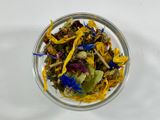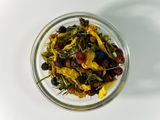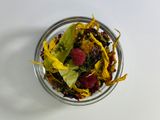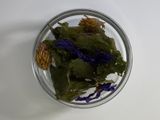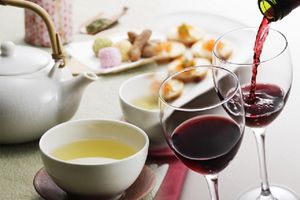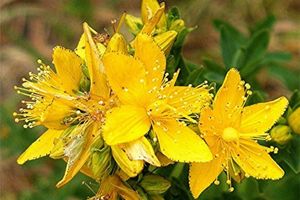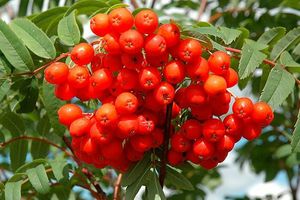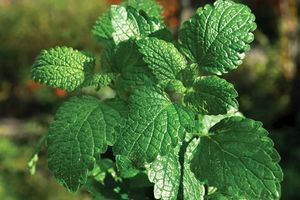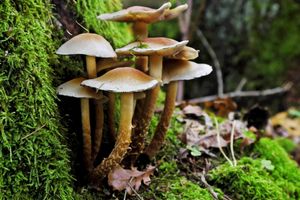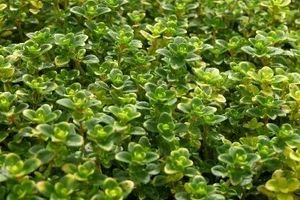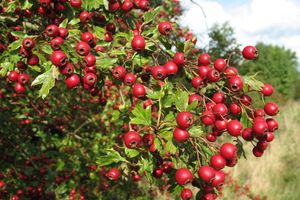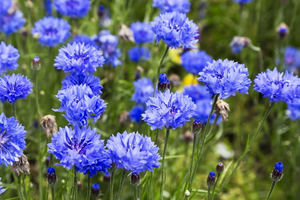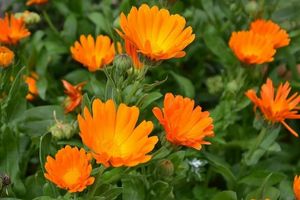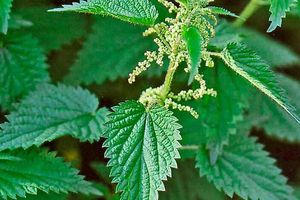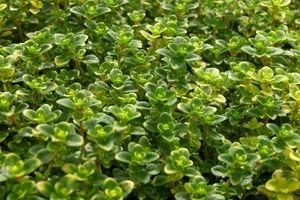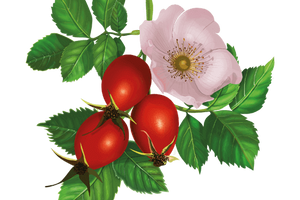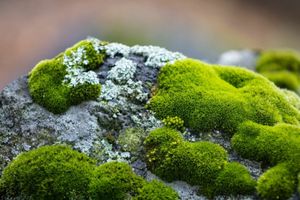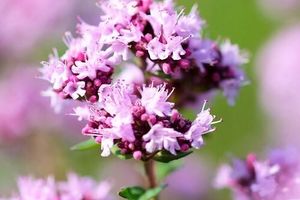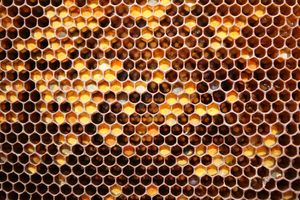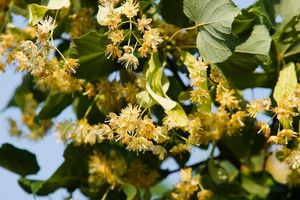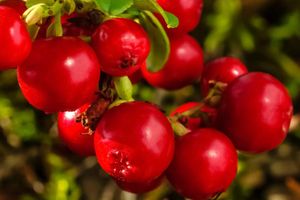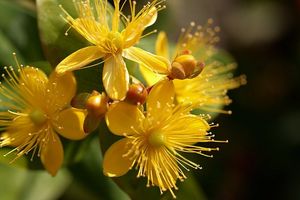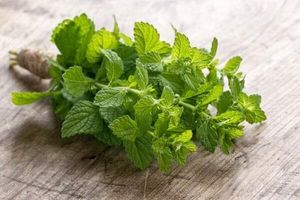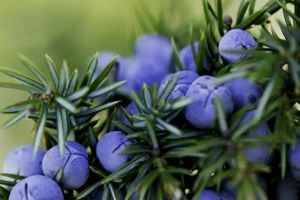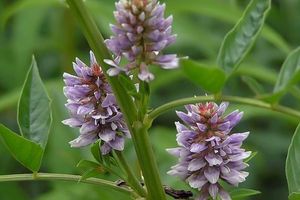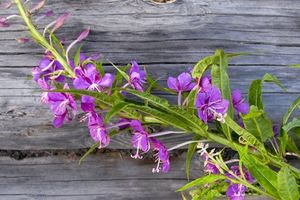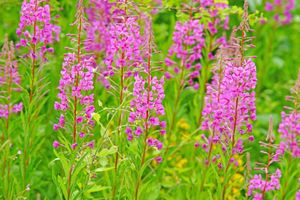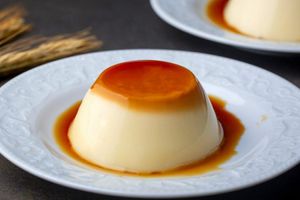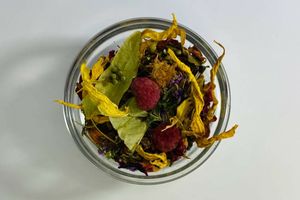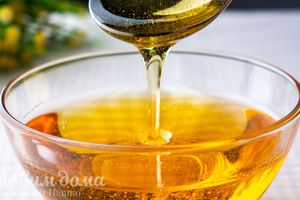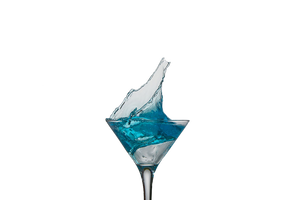Echinacea, also known as the purple coneflower, is a flowering plant native to North America that has long been revered for its medicinal properties. Traditionally used by Indigenous peoples for its immune-boosting effects, echinacea has gained popularity worldwide as a natural remedy for various ailments. Let's delve into the wonders of echinacea and its therapeutic benefits.
Botanical Description
Echinacea is a perennial herb characterized by its vibrant purple flowers with spiky, cone-shaped centers. It belongs to the Asteraceae family and is primarily found in prairies and open woodlands. The plant's roots, leaves, and flowers are all utilized for their medicinal properties.
Medicinal Properties
Echinacea is renowned for its immune-stimulating properties, which help the body fight off infections and illnesses. It contains active compounds such as flavonoids, polysaccharides, and alkamides that modulate the immune response and enhance the activity of white blood cells. Additionally, echinacea has anti-inflammatory and antioxidant effects, which contribute to its overall health-promoting properties.
Health Benefits
The health benefits of echinacea are extensive and diverse. It is commonly used to prevent and treat the common cold, flu, and other respiratory infections. Echinacea may also shorten the duration and severity of symptoms when taken at the onset of illness. Furthermore, echinacea is beneficial for supporting overall immune function and reducing the risk of recurrent infections.
Other Uses
In addition to its immune-boosting effects, echinacea is used for various other purposes. It has been shown to have antiviral and antibacterial properties, making it useful for treating skin infections, wounds, and other topical conditions. Echinacea is also valued for its anti-inflammatory effects, which can help alleviate symptoms of conditions such as arthritis and eczema.
Forms of Administration
Echinacea is available in various forms, including capsules, tablets, tinctures, and teas. It can be taken orally as a dietary supplement or applied topically to the skin. Echinacea products are commonly found in health food stores and pharmacies, and they are often used as part of holistic wellness regimens.
Precautions and Considerations
While echinacea is generally considered safe for most people, individuals with allergies to plants in the Asteraceae family (such as ragweed, marigolds, and daisies) may experience allergic reactions. Pregnant and breastfeeding women should consult with a healthcare professional before using echinacea supplements. Additionally, echinacea may interact with certain medications, so it's essential to consult with a doctor if you're taking prescription drugs.
Conclusion
Echinacea is a valuable herbal remedy with a long history of use in traditional medicine. Its immune-boosting properties, along with its anti-inflammatory and antioxidant effects, make it a popular choice for enhancing overall health and well-being. Whether used to prevent infections, alleviate symptoms of illness, or support skin health, echinacea remains a trusted ally in natural health and healing.







